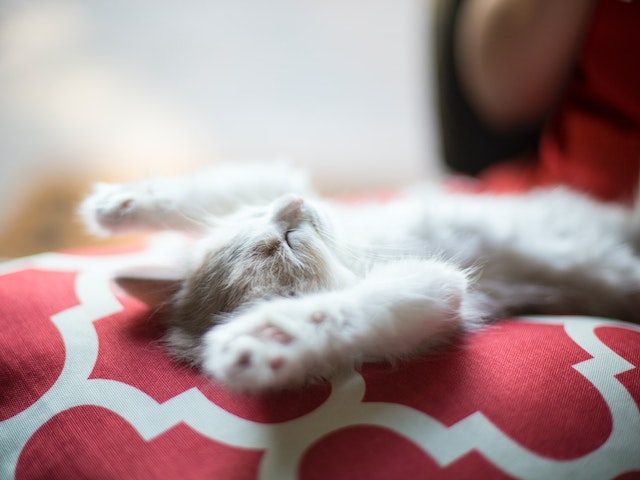Wisdom at any age
In a recent discussion with a 14-year-old autistic client about healthy sleep habits, I asked her what helps her fall asleep easier, and she was delighted to give me permission to share her answer with you. What she said is this:
“If I have fun during the day, then I can sleep better, I’m not so afraid [of falling asleep], ’cause I think the next day will be okay too.”
That especially struck me, because so many of my clients struggle with depression or anxiety, or feeling overwhelmed or over-scheduled.
I lived for several decades in that space. Everything felt serious. Important. I had the mindset, “I have to do this now in order to have a better life later.” And that vague promise of a better life seemed increasingly unrealistic as the years went by. Yet I dragged myself from one day to the next.
Figuring out a better way
And then, a few years ago, I had a minor existential crisis around realizing that I didn’t know how to have fun anymore.
So of course my super serious, logical mind saw this as a new goal and did what it always does. It immediately field stripped my new goal into its component parts and methodically planned a course of attack to achieve said goal.
After spending a couple of days personally defining “fun,” so I would clearly know what would apply and what wouldn’t, I made a list titled, “Things That I Consider Fun.” It had only two entries.
Over time, I added an item here and there, and now it’s a pretty decent list (14 items!).
I gave myself permission to be less serious for a few minutes here and there, and fairly quickly, my mood started improving.
When I started thinking about this, I noticed that I started building little moments of fun into my day, often without even thinking about it. I gave myself permission to be less serious for a few minutes here and there, and fairly quickly, my mood started improving. And it wasn’t taking time away from my goals, rather it felt like it was recharging my brain so that when I was working towards my goals, I worked more efficiently.
I don’t want to make this sound like fun is a new productivity tool, but I do think it is highly undervalued in our society. And yes, among other things, it does verifiably improve brain function and mood—there is lots of research to back this up.
As for potential side effects? Good feelings. Lowered stress. Interest and enjoyment in life. It can even stave off depression. I mean, seriously, are there really any downsides to adding a little fun into your day? Maybe it will take a little time away from being super serious about everything. But, that in itself might be a good thing. Especially if you are like I was when I made a list of “things that I consider fun.”
Want to try?
If you do try this, and have difficulty coming up with ideas for things you personally find fun, here are a couple of strategies I used to systematically build my list.
- Mentally review your life for everything you did when you weren’t told that you had to.
- Ask friends or family what things you enjoyed when you were younger.
- Look through all your possessions for things that serve no necessary goal or purpose, but that you don’t want to get rid of.
- Think about which topics you would talk about incessantly if only someone would listen.
- Think about things you would do for hours if only you had the time or were allowed (or allowed yourself).
- Think about things that make you giggle inside.
Bringing this full circle, when we have a little fun each day—and it really only has to be a little—there’s something to look forward to the next day.
Life then isn’t just dragging yourself from one day to the next, or working towards a future better life; the process of day to day life now becomes more enjoyable, and yes, I think this young lady was wise to make the connection to better sleep.




